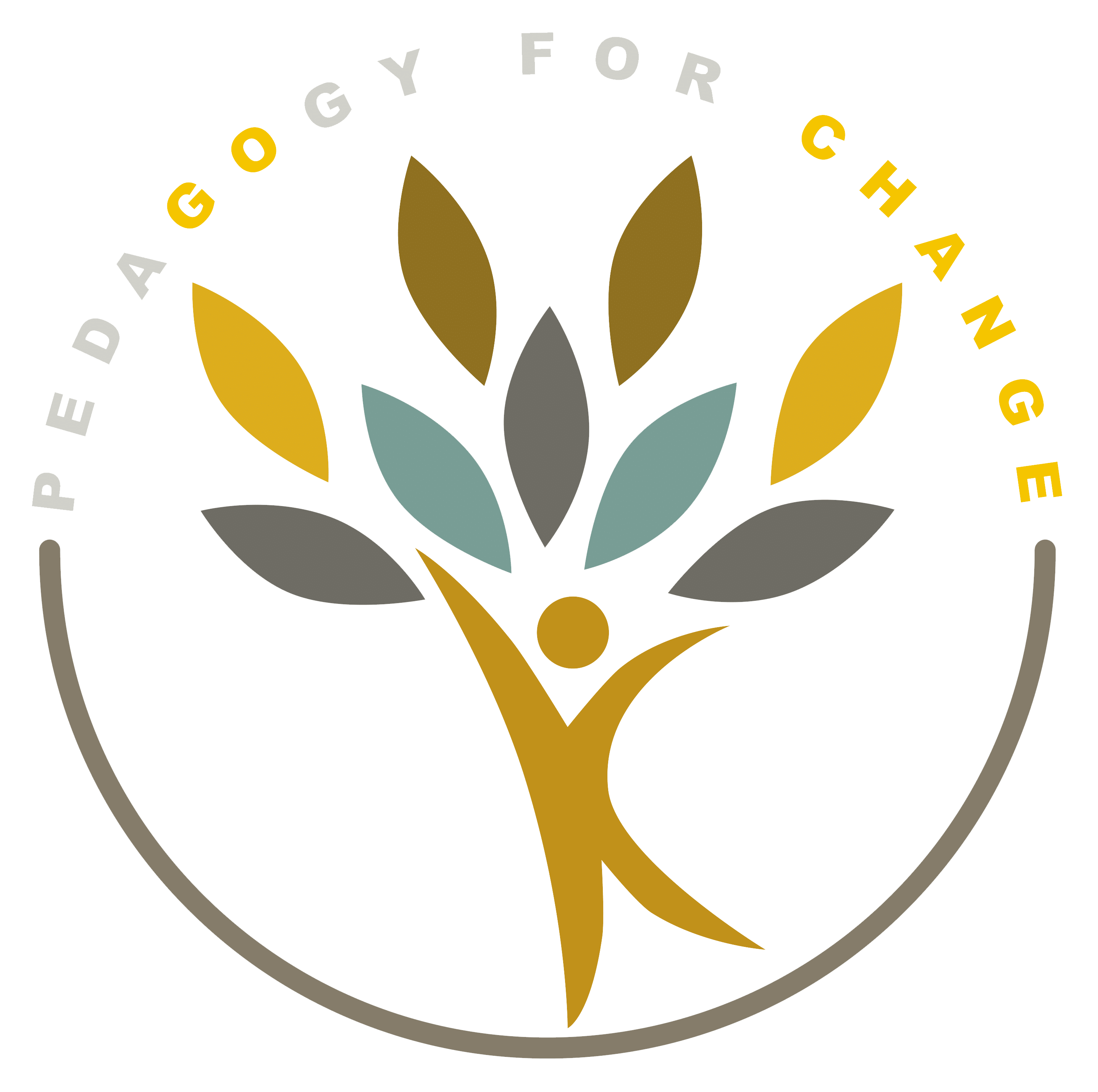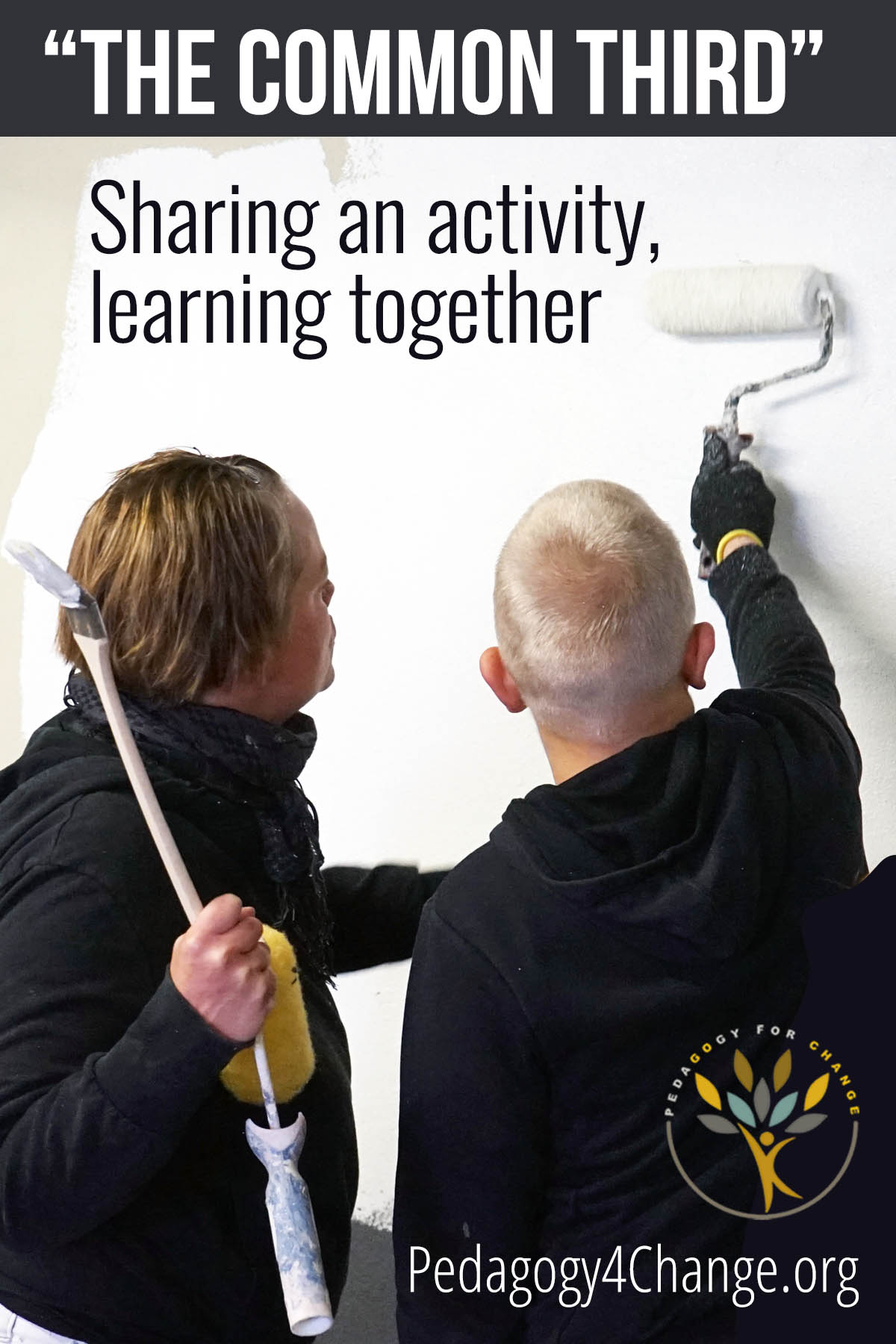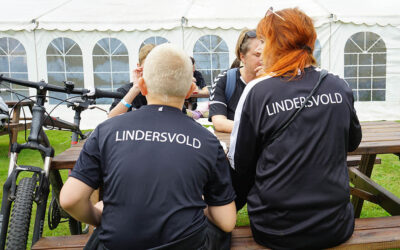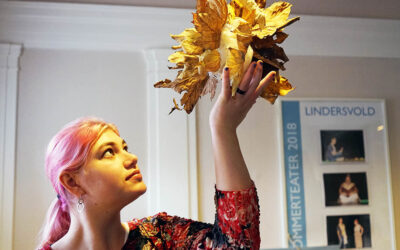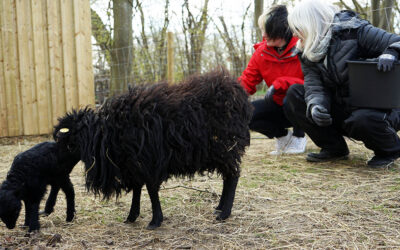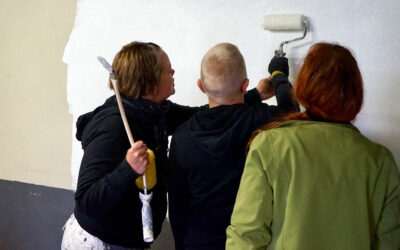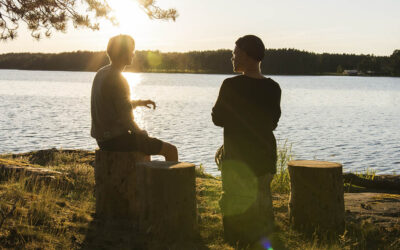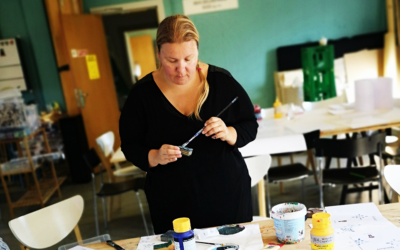


Learning through theatre
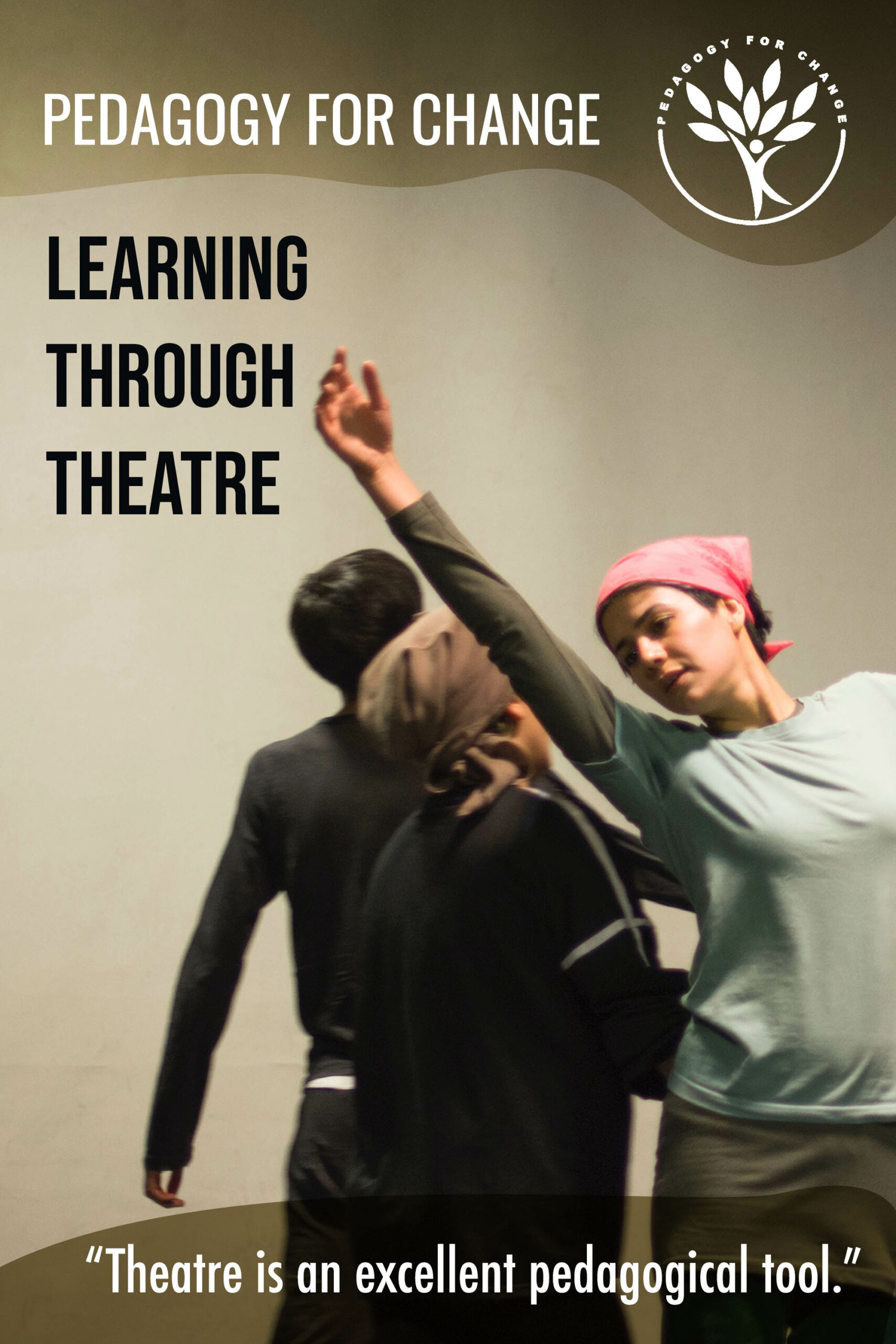
Drama and theatre education are important pedagogical tools which provide an opportunity for students and teachers to explore realms and realities outside of the classroom, without having to travel.
Apart from learning vital life skills, we learn many important lessons when we work with the scripts and start the rehearsal process. Working with theatre provides us with many insights into the human condition and the many cultures and arenas that humans inhabit.
Theatre in education
Drama is an important teaching and learning tool, that can be used in different ways, for example in Paulo Freire’s “theatre of the oppressed”, where the participants use drama to express their feelings, problems, and possible solutions. Also, creating a theatre play together can be an opportunity for a group of youngsters to communicate issues that are important to them, to a wider audience.
However, reading, rehearsing, and producing a theatre play written by a playwright also has its distinct merits. When we delve into a story, a theatre play, we get to explore a universe that someone different from ourselves has created. As we put ourselves in the shoes of the characters that we play, we soon realise that we need to know more about the background and the societal context that these characters are part of. Our curiosity is irked, and through discussion, research, and reflection we learn a lot about worlds we haven’t encountered before – be it the realities of the First World War in “Oh What a Lovely War” or the goings-on in ancient Greece and power relations in a peace-promoting classic like “Lysistrata”.
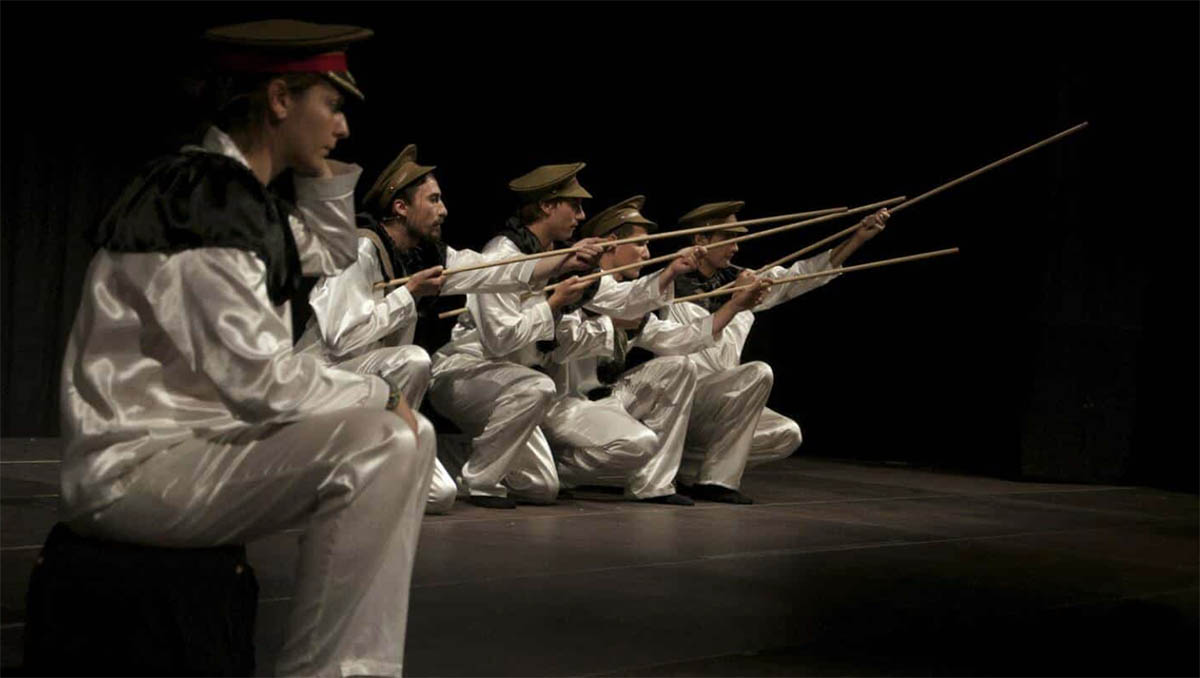
An excellent pedagogical tool
In addition to learning important life skills such as communication, teamwork, precision, and perseverance, producing a theatre play also enhances our personal development, like creativity, confidence, improved vocabulary, performative experience… The list goes on, depending on who we are, of course.
And on top of that – when we work with theatre production we learn about regular school subjects like history, psychology, and social science – even geography, mathematics and science, depending on the subject matter of the play.
As such, done in a serious and reflective way – theatre is an excellent pedagogical tool.
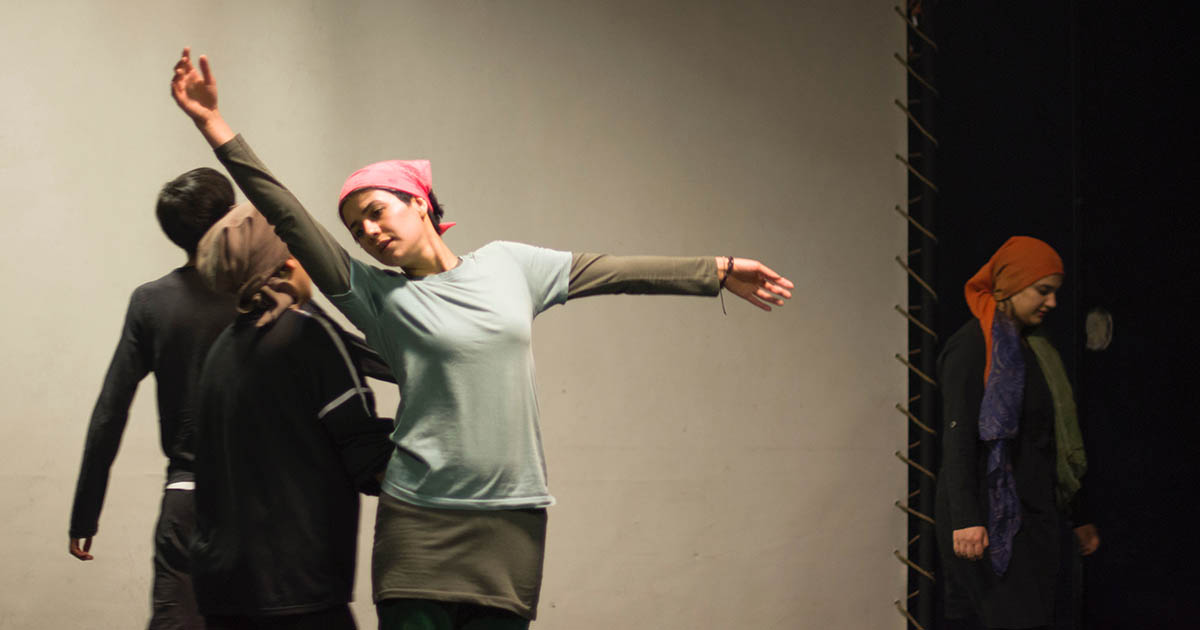
Example: “A Thousand Cranes for Peace”
STU College at Lindersvold in Denmark has a strong drama tradition and the school participates in a theatre festival every spring. This year, the group decided to study and produce a dramatised version of the tale about a Japanese young woman who has inspired generations – Sadako Sasaki, a victim of the atomic bombing of Hiroshima in 1945.
“The message of world peace is universal, of course. We chose to do this particular play because it gave us the opportunity to reflect on how all of us can contribute to a world without wars” explains the leader of the project, Federica Caporale.
“I had heard a little bit about atomic bombs but had never understood how dangerous they are, and I hadn’t thought about the long-term effects at all,” says one young actor. “We learned so much about Japan and Japanese culture while we were rehearsing.”
The production of “A Thousand Cranes for Peace” was a good example of how people with different backgrounds and skill sets can collaborate in an integral process towards a common goal: A memorable performance. Against a backdrop with an animated film to illustrate the story, the performers took on different dramatic roles. To include the audience in an interactive ending, the team had folded 1000 cranes, which were present on the stage, as well as on the seats of the audience. At the end of the play, everyone raised a crane in a manifestation of peace.
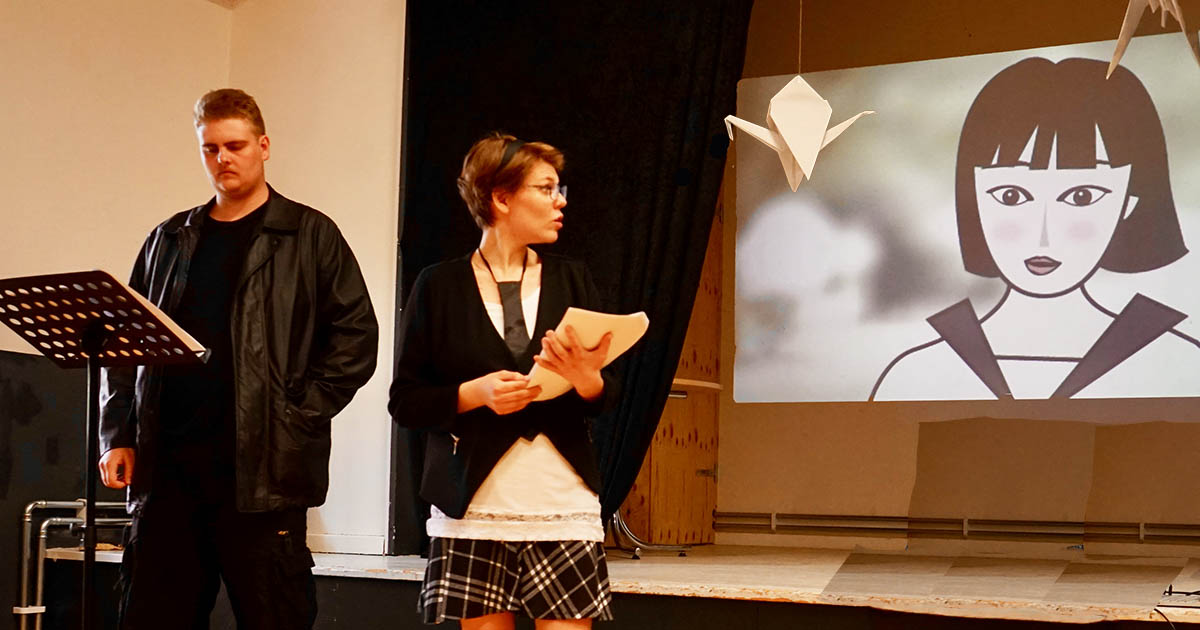
1000 Cranes Backround
”Sadako and the Thousand Paper Cranes” is a work of historical fiction based on the life of a real girl who fell ill with leukaemia caused by radiation from the atomic bombing of Hiroshima by the United States.
Author Eleanor Coerr first learned about Sadako Sasaki when she travelled to Japan in 1949. A missionary gave her a copy of Sadako’s autobiography, “Kokeshi.” This was the basis for Coerr’s writing.
The book is written to be of interest to children and youth. It is a work of historical fiction that deals with Japanese culture, the WWII aftermath, and the role of arts and crafts in helping people cope with stressful situations.

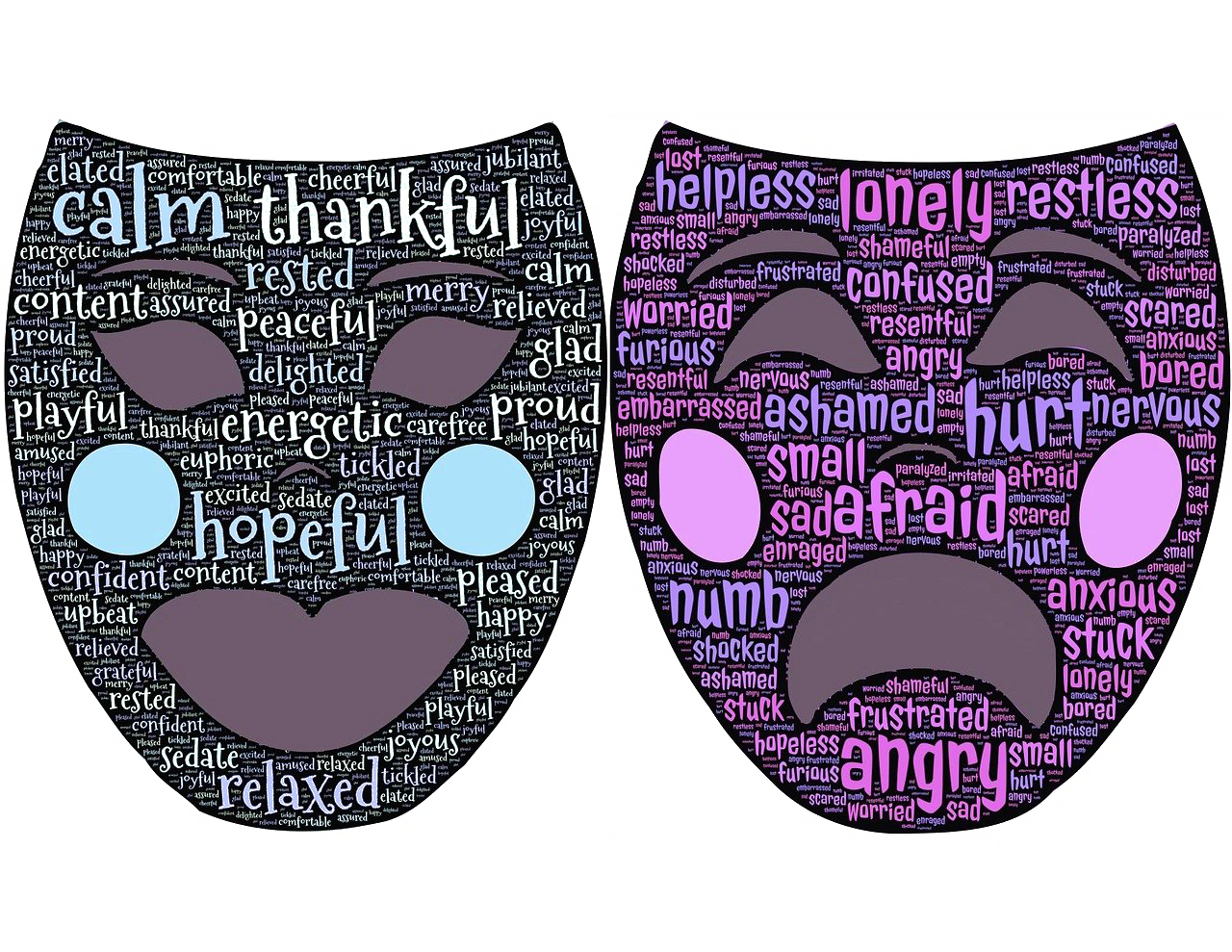
Difference between drama and theatre?
The key difference between drama and theatre is that drama refers to a printed text of a play while theatre refers to the onstage production of the play.
Source: PEDIAA
“Working with theatre provides us with many insights into the human condition and the many cultures and arenas that humans inhabit..”
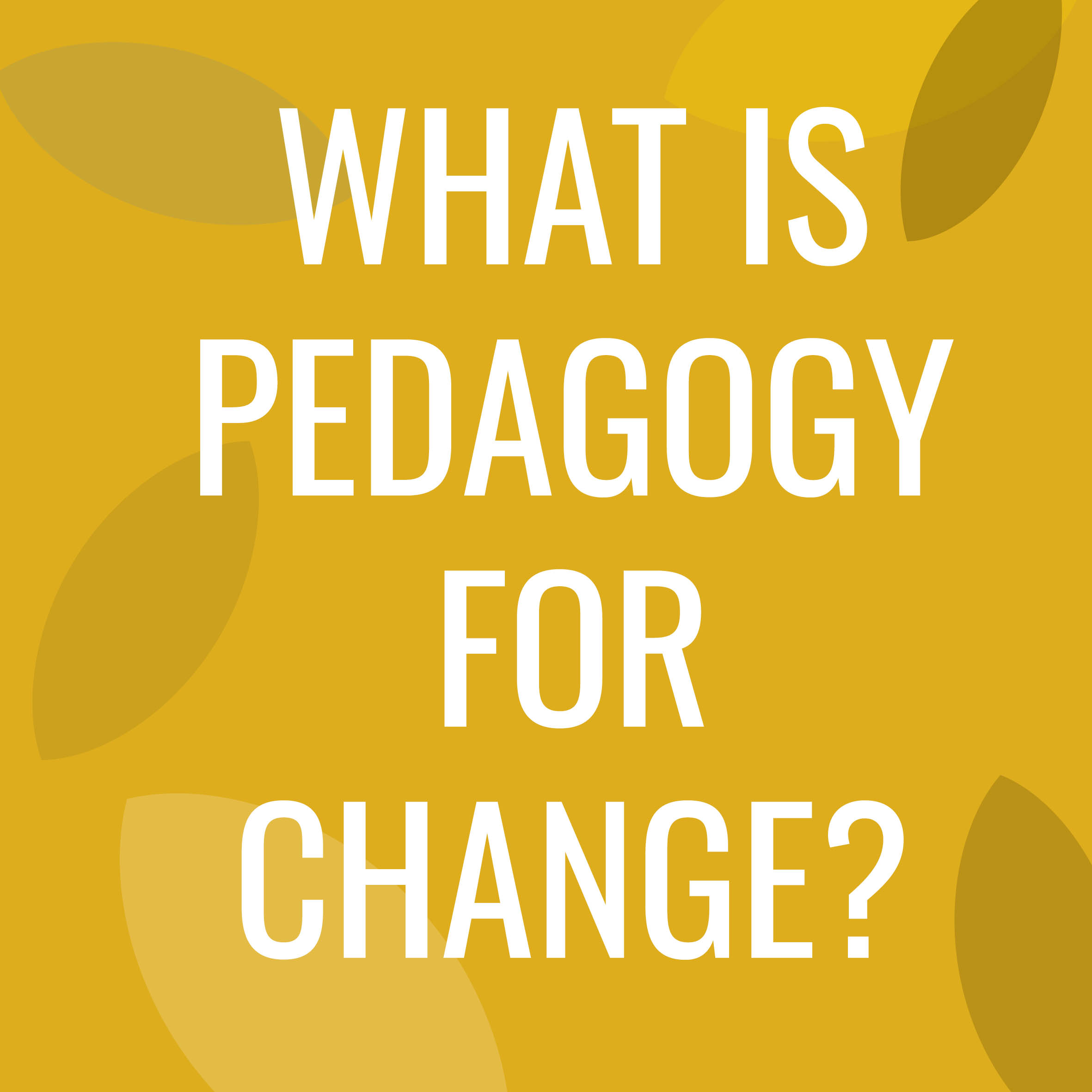
What is Pedagogy for Change?
The Pedagogy for Change programme offers 12 months of training and experiencing the power of pedagogy – while you put your skills and solidarity into action.
Studies and hands-on training takes place in Denmark, where you will work with children and youth at specialised social education facilities or schools with a non-traditional approach to teaching and learning.
In short:
• 10 months’ studies and hands-on training in Denmark, working with children and youth at specialised social education facilities or schools. At the same time yo will study the world of pedagogy with your team – a group of like-minded people. You will meet up for study days every month.
• 2 months of exploring the reality of communities in Scandinavia / Europe, depending on what is possible – pandemic conditions permitting. You will travel by bike, bus or perhaps on foot or sailing.
• Possibility to earn a B-certificate in Pedagogy.
MORE ABOUT SOCIAL PEDAGOGY
Social Pedagogy in Denmark
Scandinavian social pedagogy is known for its holistic practice which combines “head, heart and hands” – theory, empathy, and practice. A core value is respecting the individual’s rights.
Artful expression in pedagogy
Art is a pedagogical tool which provides an opportunity for everyone to work with open-ended solutions rather than striving for conventional error-free essays or science reports.
The Common Third
Creating an authentic learning space through a truly interesting, shared activity, is highly beneficial. The Common Third works as an ‘equaliser’ and is an important pedagogical tool.
Social learning in practice
We are social beings and therefore learning is an intrinsically social process. Learning takes place in many kinds of arenas, some of them arranged, where we interact with others in different contexts.
Inclusive Communication: 10 tips
Inclusive communication means sharing information in a way that everybody can understand for example people on the autism spectrum who need clearness and unambiguity.
Pedagogical Principles – an artistic expression
Graphic designer Eike Einmann designed 10 posters to represent the main pedagogical principles that lay the foundations of “Another Kind of School”.
